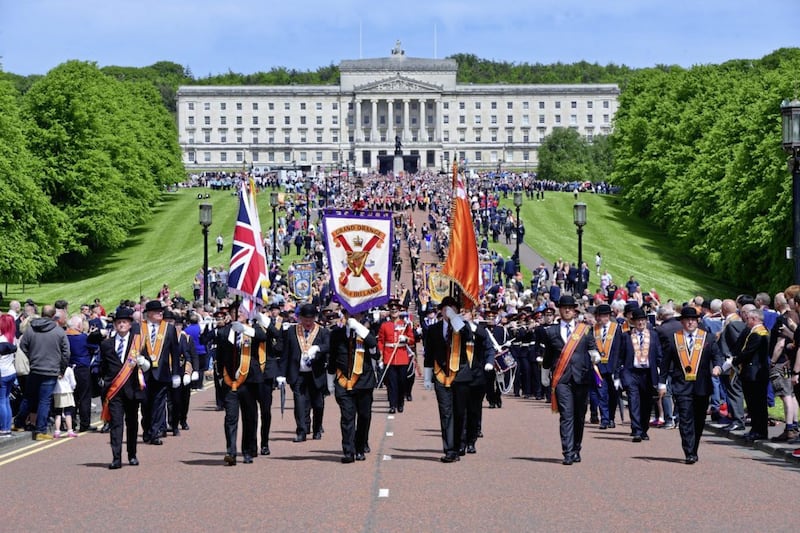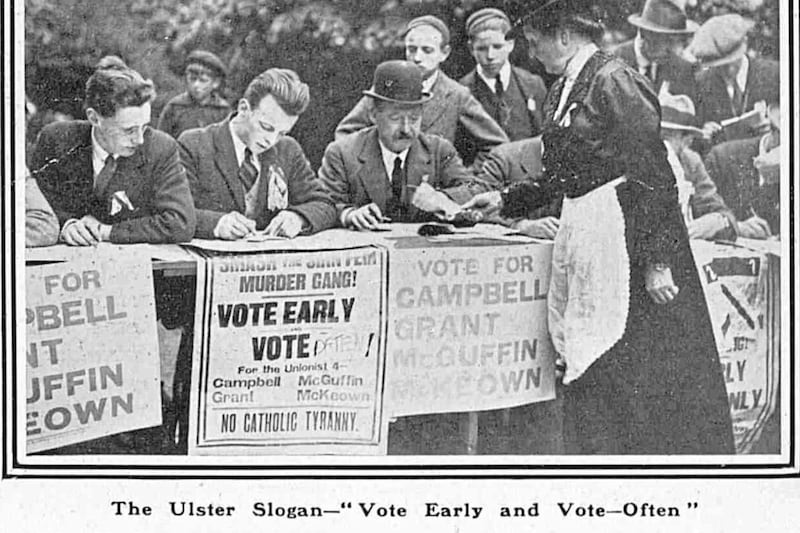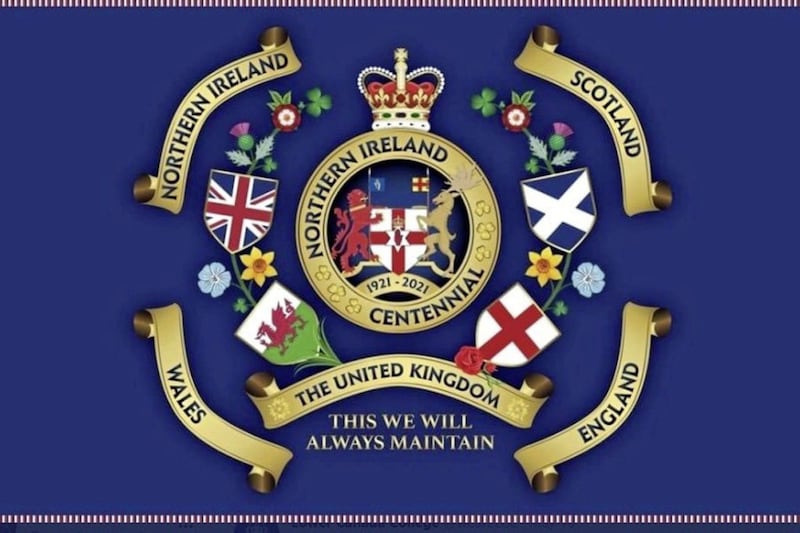ONE hundred years ago this week, on May 24 1921, the first election was held for the Northern Ireland Parliament, established under the Government of Ireland Act 1920.
Although nationalists vehemently opposed the Act, the nationalist parties still contested the election for Northern Ireland.
Sinn Féin leader Éamon de Valera believed they should do so, claiming that if they could realistically hope to win a quarter or more of the seats, "the arguments are altogether in favour of vigorously contesting... the representatives elected will become members of Dáil Éireann".
He also believed failing to contest would drive supporters into the Nationalist Party camp - "a result which might later have a dangerous reactionary effect, by contagion, on the South".
An agreement was reached between Sinn Féin and Joseph Devlin's United Irish League (UIL) on the basis of accepting the principle of self-determination for Ireland, and abstaining from the northern parliament.
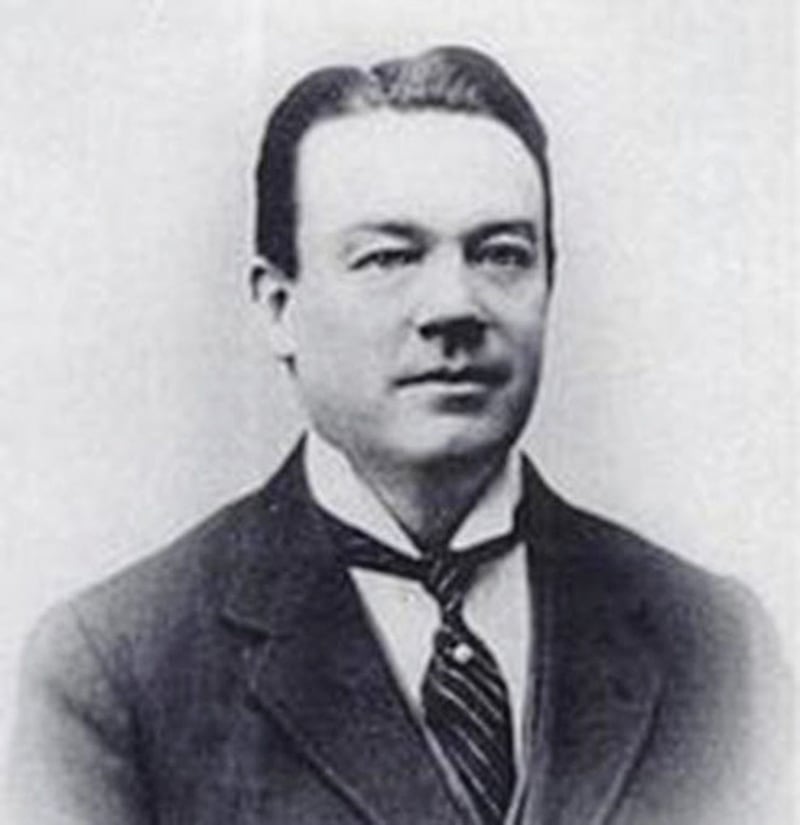
Both parties agreed to form an anti-partition ticket. They also agreed that each party would advise its supporters to give their lower preference to the candidates of the other party.
All nationalists fought the election from an anti-partitionist stance, claiming partition would mean "national suicide".
Sinn Féin put considerable effort into advertising and circulating anti-partition pamphlets.
It formed an internal sub-committee to run the propaganda campaign for the election in the north.
The sub-committee published a newspaper they called the Unionist, distributing it to unionist strongholds.
Unionists were warned by legitimate unionist newspapers such as the Belfast Newsletter that "the periodical is on the side of the enemy, and that the title has been adopted with the intention of deceiving Unionist electors".
The same newspaper also claimed Sinn Féin had signed a treaty with the Bolsheviks, "binding for ten years", where the Bolsheviks would "provide the rebels with arms and to give their leaders permission to study military and naval problems in Russia".
Éamon Donnelly, Sinn Féin organiser for Ulster, claimed the only effect their literature and leaflets would have on the unionist community would be "to bring them out to vote against us in great numbers".
Despite Sinn Féin's wholehearted election campaign it had to overcome considerable intimidation.
As an illegal organisation, of the 20 candidates, nine were either in jail or interned and seven were on the run.
Its candidates, organisers, and supporters were attacked; raids on the houses of Sinn Féin election organisers were carried out; and speakers and election agents were arrested.
Éamon Donnelly accused opponents of "wholesale terrorism" on the day of the election, May 24. There were also accusations of extensive personation taking place on election day.
Although the Irish Labour Party chose, as in 1918, not to contest the elections to the northern and southern parliaments in 1921, four Belfast-based labour candidates still ran for election.
Their message was lost by the sectarian nature of the election though, and once loyalists prevented them from holding an election rally in the Ulster Hall, they folded their campaign.
All labour candidates performed disastrously, each losing their deposit. There was no platform for a socialist voice at the 'Partition Election'.
Chastened by the poor local elections results of 1920, Ulster Unionists were determined to maximise their vote for the 1921 general election.
Sinn Féin won just six seats with Joseph Devlin's United Irish League winning the other six. It was a bitter blow for Sinn Féin, with de Valera predicting beforehand that at least 17, if not half the seats, would be won by nationalists
The Ulster Unionist leader James Craig offered the electorate a simple choice of remaining within the British Empire or of being subsumed in an Irish republic.
Like the 1920 local elections, the proportional representation (PR) system of voting was used for the general election, the first time it was used in a general election in Britain or Ireland.
All unionist candidates were greatly assisted by the Ulster Women's Unionist Council who coordinated canvassing events with the men's association, provided funding, held classes and showed films explaining the novel PR voting system.
On the issue of women being selected as candidates, the president of the Ulster Women's Unionist Council, the Duchess of Abercorn. believed "the time was not ripe for this, and the essential thing in the first Parliament was to preserve the safety of the Unionist cause, that much organisation and construction work would be necessary for which perhaps women had not the necessary experience, and except in the case of outstanding qualifications, men candidates were preferable".
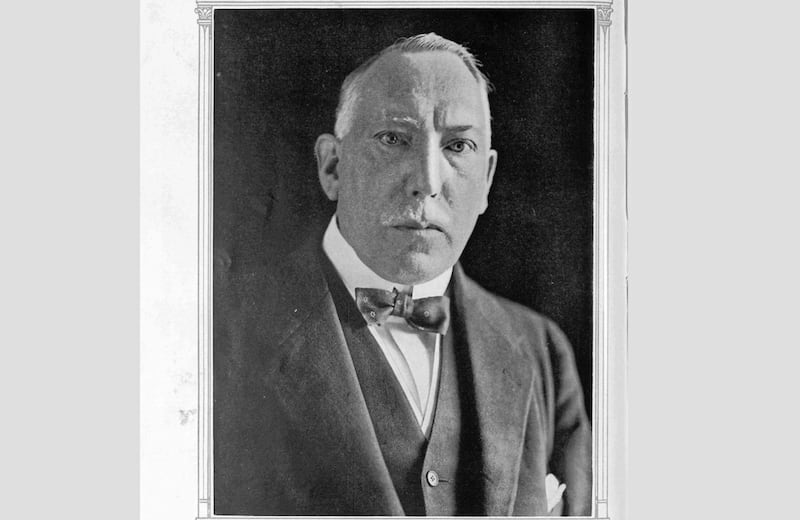
Many members disagreed with her, believing women candidates were necessary to address issues such as Poor Law reform, provisions for widows and unmarried mothers with children.
Two women unionist candidates did run, Dehra Chichester and Julia McMordie, and both were elected. In fact, all of the 40 unionist candidates were elected.
Held on Empire Day, May 24, the general election, with a turnout of 89 per cent, was an astounding victory for Ulster unionists, winning all but 12 of the 52 seats.
Sinn Féin won just six seats with the UIL winning the other six. It was a bitter blow for Sinn Féin, with de Valera predicting beforehand that at least 17, if not half the seats, would be won by nationalists.
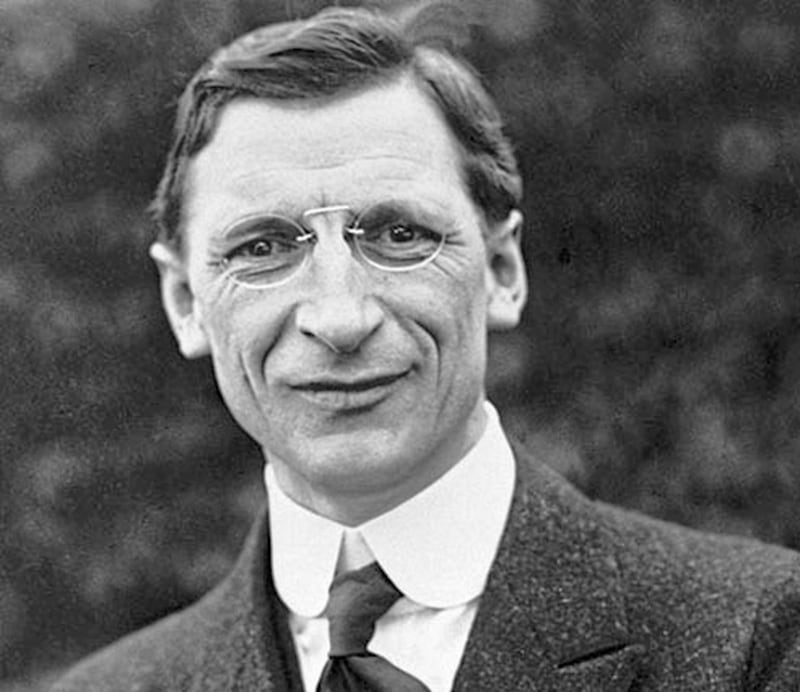
Indicative of the lack of penetration of Sinn Féin in the north were the profiles of the six people elected under its banner: de Valera, Michael Collins, Arthur Griffith, Eoin MacNeill, Seán Milroy and Seán O'Mahony.
Most of them were high profile figures in the south, with O'Mahony the only one not also elected to a southern Ireland constituency.
The UIL showed its dependence on Devlin who won two of its six seats, in Antrim and West Belfast.
The unionist victory prompted Edward Carson to say to leading Conservative Andrew Bonar Law: "It would take a very brave man... to take away Ulster's parliament."
Winston Churchill similarly claimed: "From that moment the position of Ulster became unassailable."
The breakdown of the results showed the truly sectarian nature of the electorate.
Ernest Clark, the civil servant responsible for creating the administrative structures of Northern Ireland, sent a letter to the under-secretary in Dublin Castle, John Anderson, with a table, showing "that the percentage of votes cast for the Unionists and the other party respectively was almost identical with the percentage of Protestants and Roman Catholics in the various constituencies".
With all nationalists abstaining from taking their seats in the new Northern Ireland Parliament, unionists were granted a monopoly on proceedings.
The election and its aftermath established the path on how Northern Ireland was to function subsequently.
:Cormac Moore is author of Birth of the Border: The Impact of Partition in Ireland (Merrion Press, 2019)




